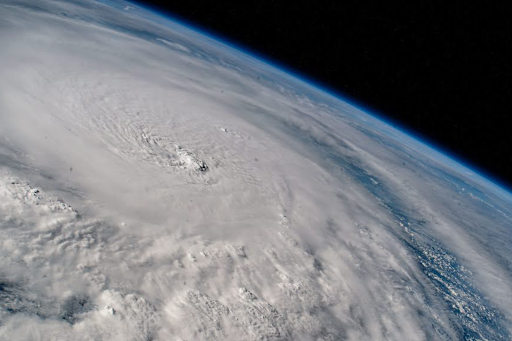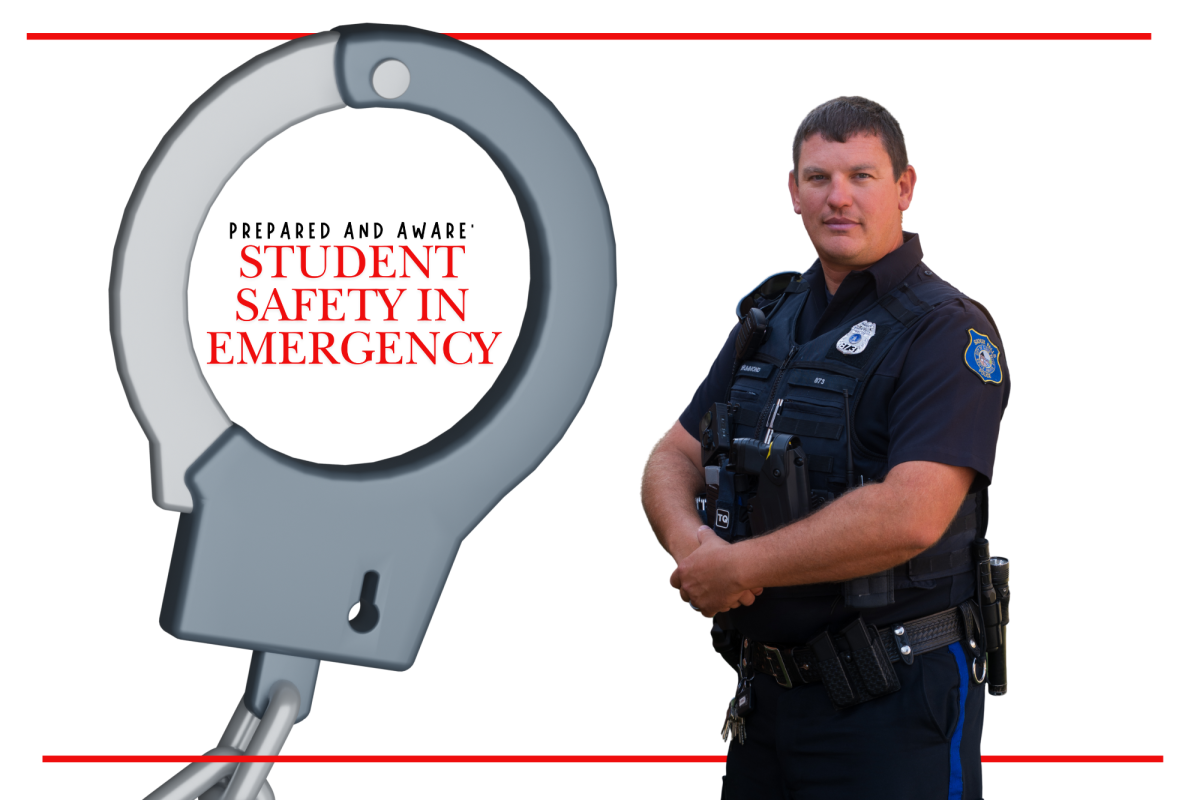
This past week brought a devastating category three hurricane across the state of Florida, rated category five when it was originally spotted out over the ocean. While it was expected to be one of the most destructive and deadly hurricanes in many years, Hurricane Milton turned out to be less harmful than initially predicted.
In preparation for any hurricane, people stock their homes with items that will help keep them alive in case of an emergency. These items include water, non-perishable food, batteries, portable chargers, first-aid supplies and flashlights. Although, even with these supplies, no one is completely protected from the extreme wind, rain, storm surges and tornadoes that come along with hurricanes.
In the days leading up to the arrival of Hurricane Milton on the west coast of Florida, officials begged residents to evacuate their homes and go inland, as this seemed to be the safer option. Although Floridians were well aware of these requests, many opted to stay in their homes and wait out the storm. Vacant hotels were nearly impossible to find, so if they abandoned their home they would likely not have anywhere to stay. On top of that, a majority of gas stations in and around the hardest-hit cities of Tampa and Sarasota were closed due to fuel shortages from so many people attempting to evacuate.
Police officers advised the people deciding to stay in their homes to write personal information on themselves in case their bodies were found. Surprisingly, this was less useful than officials had anticipated as less than 30 people died from this tropical storm, even with storm surges that reached up to 10 feet in some places. A storm surge is when a body of water is brought up onto land with strong currents that can easily flood houses and sweep people off their feet.
Weather services were expecting the storm surges from the hurricane to be the leading cause of death, but this title went to the tornadoes as they were more destructive and deadly than anything else that came along with this frightening cyclone. In just one area, six deaths were confirmed as a result of one tornado. In Florida, there were more than 120 issued tornado warnings over those few days, which caused a lot of damage throughout the state.
Power outages persisted in thousands of homes for many days after the departure of Hurricane Milton, even with employees working continuously to regain power. Along with that, many gas stations are still short on fuel, making it difficult for people to return to their homes after spending time away. Homes were destroyed due to the tornadoes, flooding and strong winds, and the hurricane even ripped off the roof of the Tampa Bay Rays’ stadium, Tropicana Field.
While recovering from two hurricanes back-to-back, Floridians are doing their best to get back to their normal lives, hoping that they will stop having to worry about these destructive storms coming in and taking over their lives for multiple days at a time.









